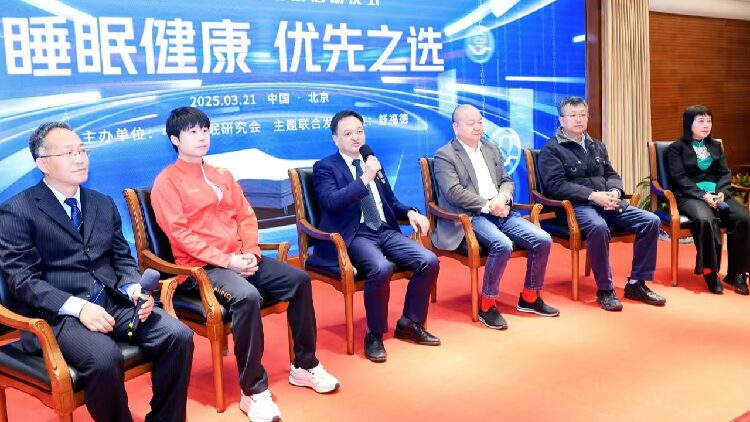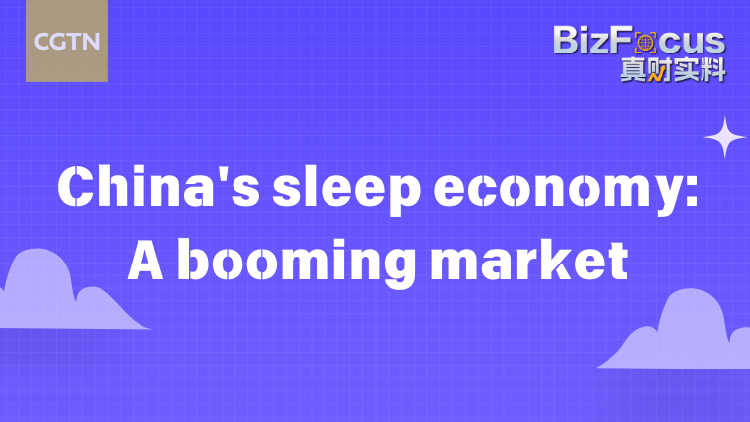China Tackles ‘Neijuan’: A Move Against Unhealthy Competition
In today’s fast-paced world, the pressure to excel can feel overwhelming. In China, this pressure has a name: “neijuan”. This term describes a cycle where people work increasingly harder just to stay in the same place, leading to burnout and diminishing returns.
From students to professionals, many are caught in this loop. Nine-year-olds sacrifice sleep and playtime to cram in extracurriculars, aiming for elite middle schools. White-collar workers clock endless overtime hours, sometimes leading to depression. Manufacturers cut prices to unsustainable lows, and local governments compete fiercely to attract businesses, often overlooking the long-term impacts.
What Is “Neijuan”?
While often mistranslated as “involution,” neijuan goes beyond just working hard. It’s about an unhealthy competition where everyone feels compelled to push harder, but no one moves forward. The result? Exhaustion and a sense of futility.
The Rise of “Tangping”
In response, some are embracing “tangping,” or “lying down.” This philosophy encourages stepping back from relentless striving and rethinking life’s priorities. It’s about rejecting the race with no finish line and finding personal balance instead.
A Shift in Policy
Recognizing the toll of neijuan, Chinese policymakers are taking action. In late 2023, official reports highlighted the presence of “neijuan-style competition” in emerging industries. The Communist Party of China (CPC) has moved from acknowledging the issue to actively addressing it.
“We must address irrational competition and ensure the healthy development of these industries to maintain our competitive edge in the global market,” said Han Wenxiu, executive deputy director of the Office of the Central Committee for Financial and Economic Affairs.
Experts suggest that the government may implement measures to regulate both enterprises and local governments. “We need to make good use of market-oriented and legal means,” Han added, emphasizing improvements in technology standards, environmental protection, and energy efficiency.
Looking Ahead
The move to tackle neijuan signals a shift towards promoting sustainable growth and well-being. By addressing the root causes of unhealthy competition, China aims to foster an environment where progress doesn’t come at the expense of its people’s health and happiness.
Reference(s):
Confronting 'neijuan': China addresses unhealthy competition
cgtn.com








